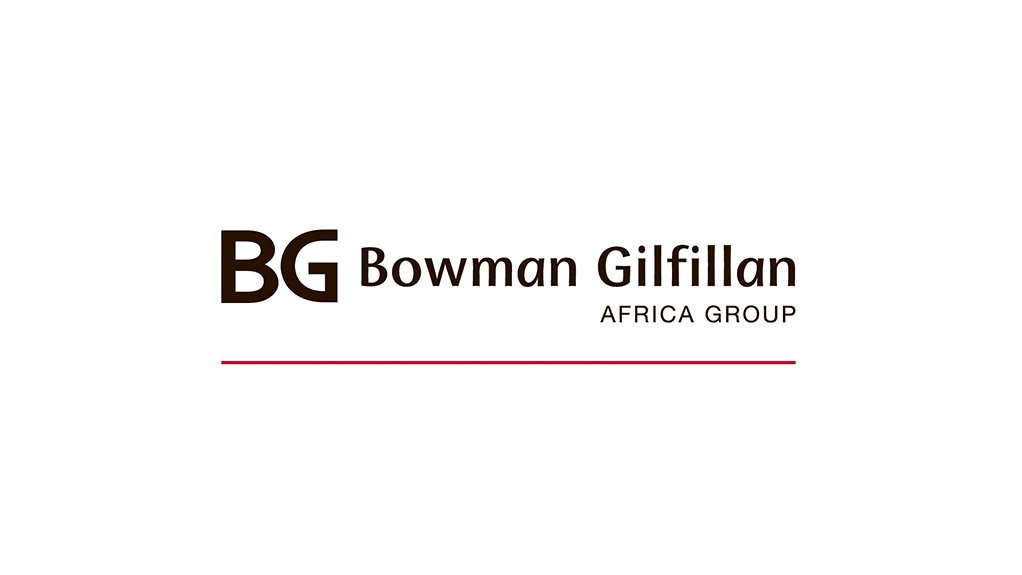Bowman Gilfillan Africa Group’s Ugandan office, AF Mpanga, has relocated to newly-completed offices in the DFCU Towers in the Nakasero neighbourhood of Kampala just outside the central business district.
Also home to the fifth largest commercial bank in Uganda, DFCU Towers is a major financial centre in the city. The Towers offer first-class facilities, such as visitor parking and proximity to the High Court, Court of Appeal and Supreme Court. The firm’s office at DFCU Towers will be home to some 30 staff, of whom 19 are lawyers specialising in all aspects of corporate law.
AF Mpanga’s managing partner, William Kasozi, notes, “The new office is going to give our visitors a whole new experience. Clients will not have to battle traffic to get to our office or struggle with parking anymore. It will also offer greater comfort, an enhanced meeting experience and improved technology.”
Bowman Gilfillan Africa Group partner, David F. K. Mpanga, says: “We’re very excited about this move. We believe that the new office reflects the stature of our firm as one of Africa’s top legal services groups and allows us the space we need to grow as demand for legal services increases in Uganda.”
Mpanga notes that the demand for legal services in Uganda is growing, especially with regards to corporate and commercial legal advice and services.
“Many of the companies doing business in Uganda operate in several jurisdictions simultaneously and so there is also a lot of demand for advice regarding regulatory corporate compliance and corporate governance for multinationals with operations here. We have also seen a large increase in the appetite for private equity and M&A transactions in our region, further driving the demand for corporate and commercial advice,” Mpanga explains.
He says that the oil and gas sector had driven demand for legal services, but that the USD 50 price per barrel of oil had slowed down activity in this sector.
“Activity in telecommunications, banking, insurance and pensions, as well as energy infrastructure projects such as renewables and the construction of dams, is also driving demand for legal work,” he says.
The office move forms part of Bowman Gilfillan Africa Group’s strategy to enhance service delivery to clients through maintaining an on-the-ground presence in those jurisdictions in which they are most active. The new office is more reflective of the firm’s brand, providing a more consistent experience across all its offices.
Mpanga explains that there is an increase in both regionalisation and globalisation in the legal sector in Uganda.
“All of our competitors are connected to international firms or are part of African networks. Clients need cross-border services and prefer their law firms to operate seamlessly across borders, with local specialists in each jurisdiction. Companies tend to form close personal relationships with their law firms in their home countries, and then they want to carry those relationships with them into other jurisdictions. This is why a law firm must be represented in all of the countries in which its clients do business and why local firms that are integrated with other law firms, either regionally or globally, do well.
“Essentially, risk can arise in any form across jurisdictions and clients want their lawyers to operate in a standardised way across borders to address this risk,” he explains.
Mpanga says the Bowman Gilfillan Africa Group is unique in that they had taken the single firm approach, each firm in the group is a country office of the larger Pan-African firm.
“We have integrated our systems across the group and meet regularly to ensure our services are standardised in terms of client expectations.
“Bowman Gilfillan Africa Group’s Pan-African approach also means that, while we can compete with any of the international law firms in terms of our ability to offer a seamless service across Africa, we are not tied in to quoting international rates, which can be a lot more expensive,” he explains.
Mpanga says the globalisation and regionalisation of law firms in Uganda means that legal reform is on the cards for the country, and that the practice of multi-jurisdictional law in Uganda will drive the reform process. He says that East Africa-wide legal reforms are also currently under discussion.
The Bowman Gilfillan Africa Group has approximately 400 lawyers operating from offices in eight cities (Antananarivo, Cape Town, Durban, Dar es Salaam, Gaborone, Johannesburg and Nairobi in addition to Kampala), in six African countries (Botswana, Kenya, Madagascar, South Africa and Tanzania in addition to Uganda).
Submitted by Bowman Gilfillan
EMAIL THIS ARTICLE SAVE THIS ARTICLE
To subscribe email subscriptions@creamermedia.co.za or click here
To advertise email advertising@creamermedia.co.za or click here











